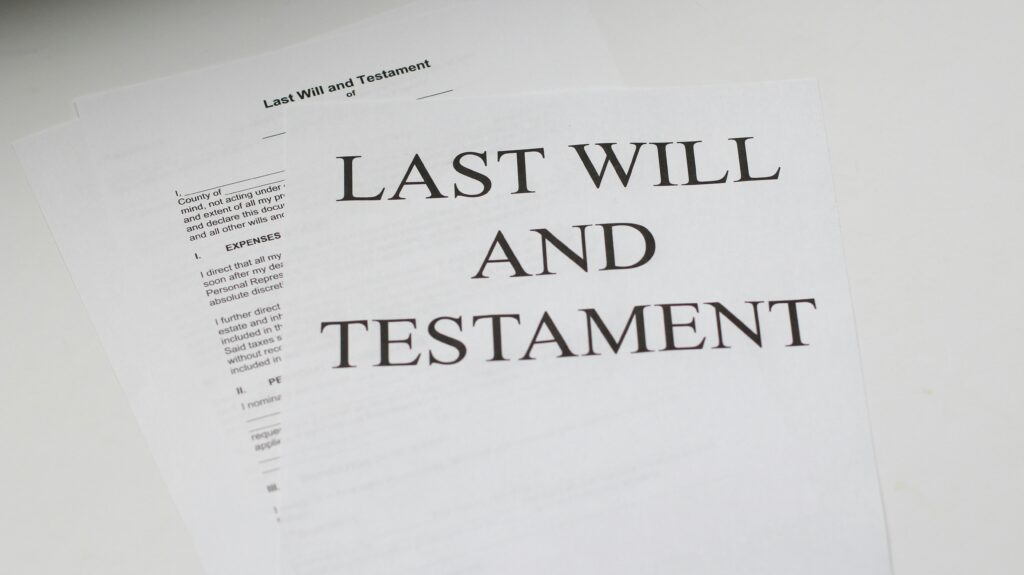
A Simple Guide to Planning Your Estate the Right Way
What Is a Will?
A will is a legal document that states how you want your assets, property, and possessions to be distributed upon your death. It can also include:
Appointment of an executor (the person who manages your estate)
Guardianship of minor children
Specific gifts or instructions for funeral arrangements
In Malaysia, wills are governed by the Wills Act 1959 (for non-Muslims). For Muslims, estate distribution follows Faraid and Syariah law.
Why Writing a Will Is Important
- Avoid family disputes
- Prevent delays in estate distribution
- Ensure your children or dependents are taken care of
- Appoint a trusted person to manage your estate
- Reduce legal costs and court complications
Without a valid will, your estate will be distributed according to the Distribution Act 1958, which may not reflect your actual wishes.
How to Write a Will in Malaysia: Step-by-Step
1. List Your Assets and Debts
Start by identifying all your assets, including:
Real property (land, houses, apartments)
Bank accounts and savings
EPF, insurance, and investments
Vehicles, personal items, business shares
Outstanding loans or liabilities
2. Choose Your Beneficiaries
Clearly state who will receive what. Beneficiaries may include:
Spouse or partner
Children or grandchildren
Parents or siblings
Charities or friends
3. Appoint an Executor
Choose a responsible and trustworthy person to carry out the instructions in your will. You can also appoint a contingent executor in case the first is unable to act.
Where one or more beneficiaries are minors, you should name 2 joint executors.
4. Appoint a Guardian (if necessary)
If you have children under 18, appoint a guardian to take legal responsibility for them.
5. Write the Will According to Legal Requirements
Under the Wills Act 1959, a valid will must:
Be in writing
Be signed by the testator (you)
Be witnessed by two independent witnesses, both of whom must sign the will in your presence (note that beneficiaries under your will cannot act as witnesses)
6. Seal and Store the Will Safely
Store the original copy in a secure place such as:
Your lawyer’s office
A bank’s safe deposit box
A will registry or estate planning service
Inform your executor or trusted family members where the original will is kept.
Should You Use a Lawyer to Write Your Will?
DIY wills often fail to conform to legal requirements, lack clarity or miss key legal elements. At Chan & Chia, we offer:
Professionally drafted wills tailored to your unique situation
Legal advice on inheritance laws, guardianship, and tax implications
Safe storage
Transparent fees
A professionally written will reduces the risk of your will being challenged or rejected in court.
